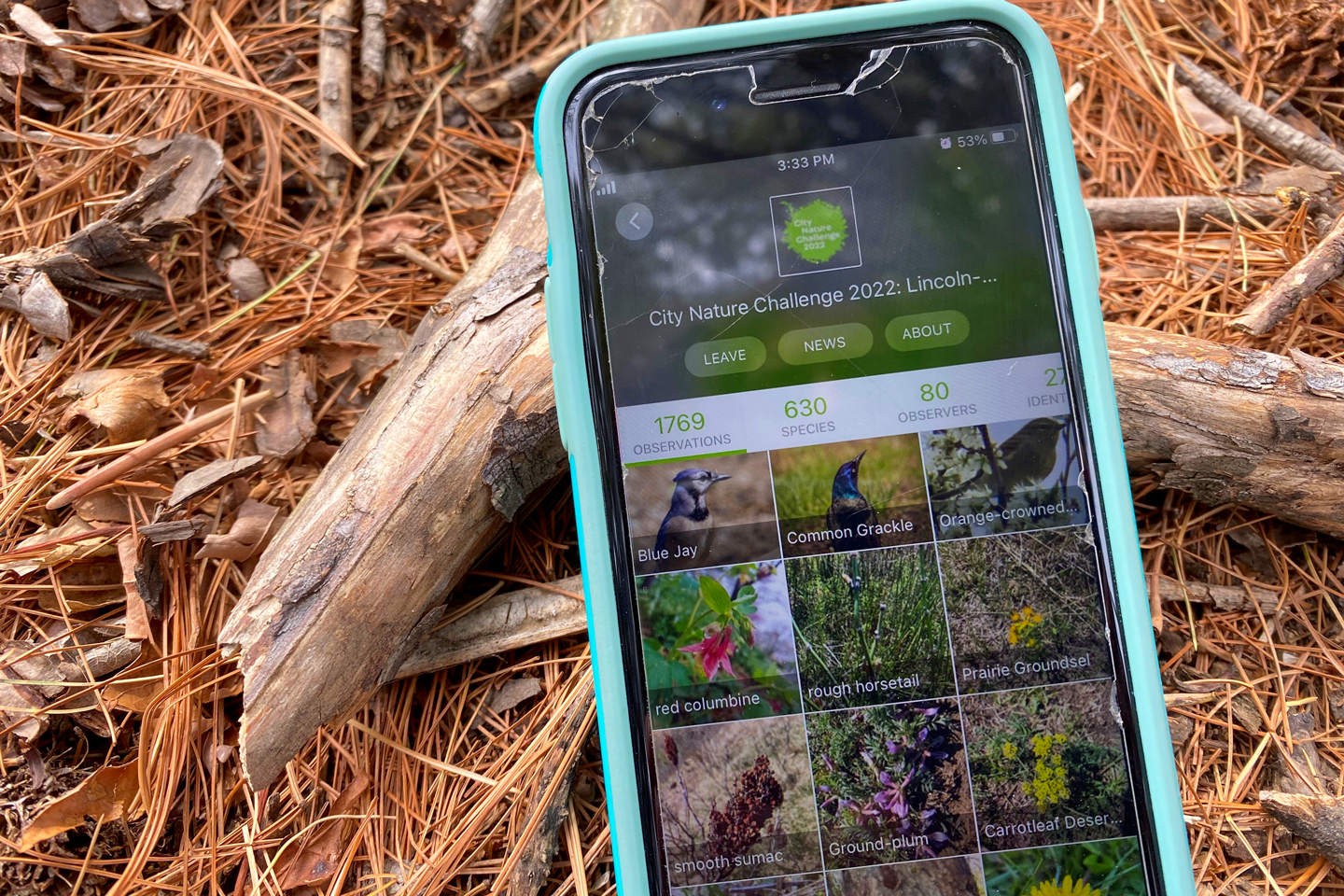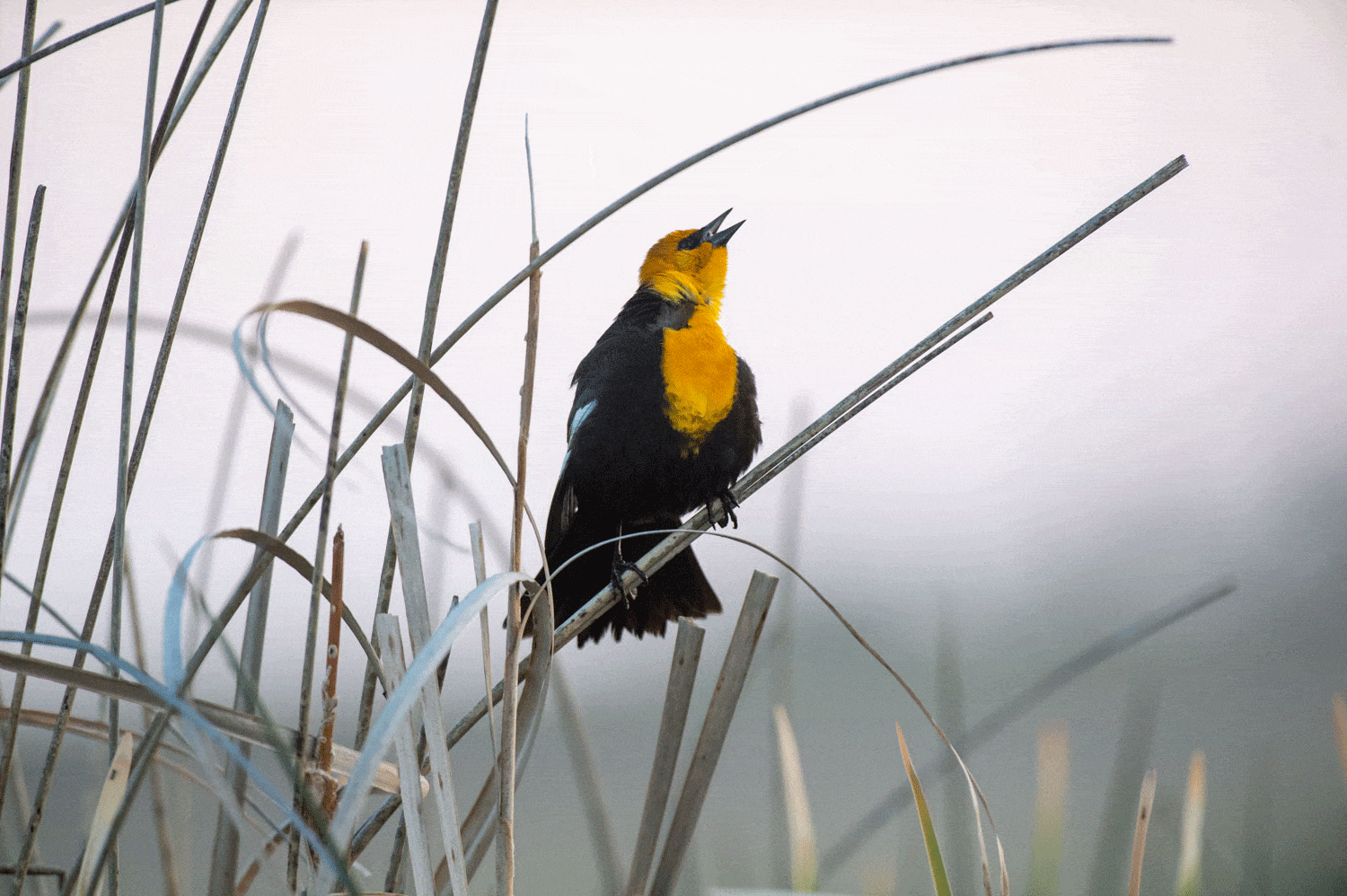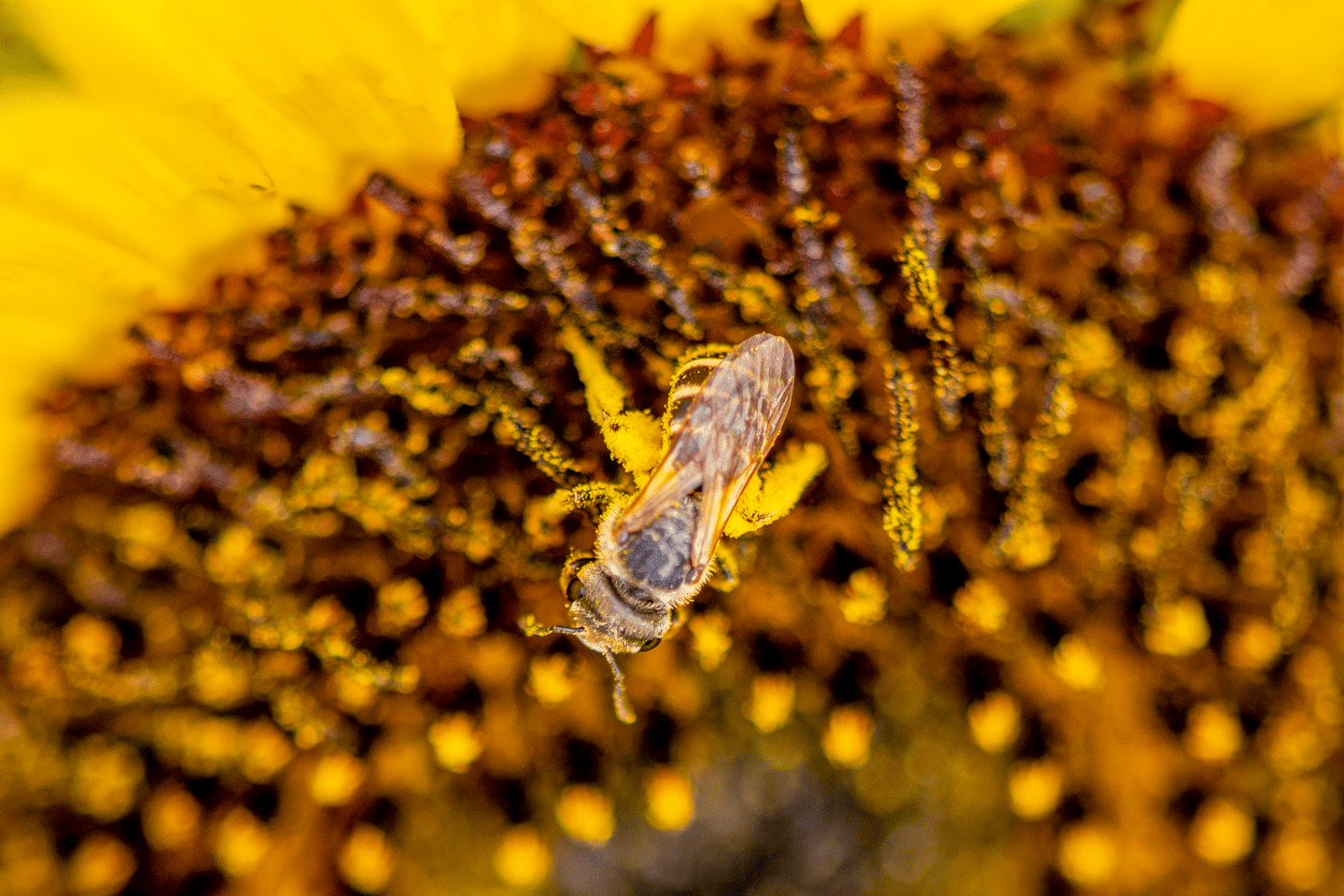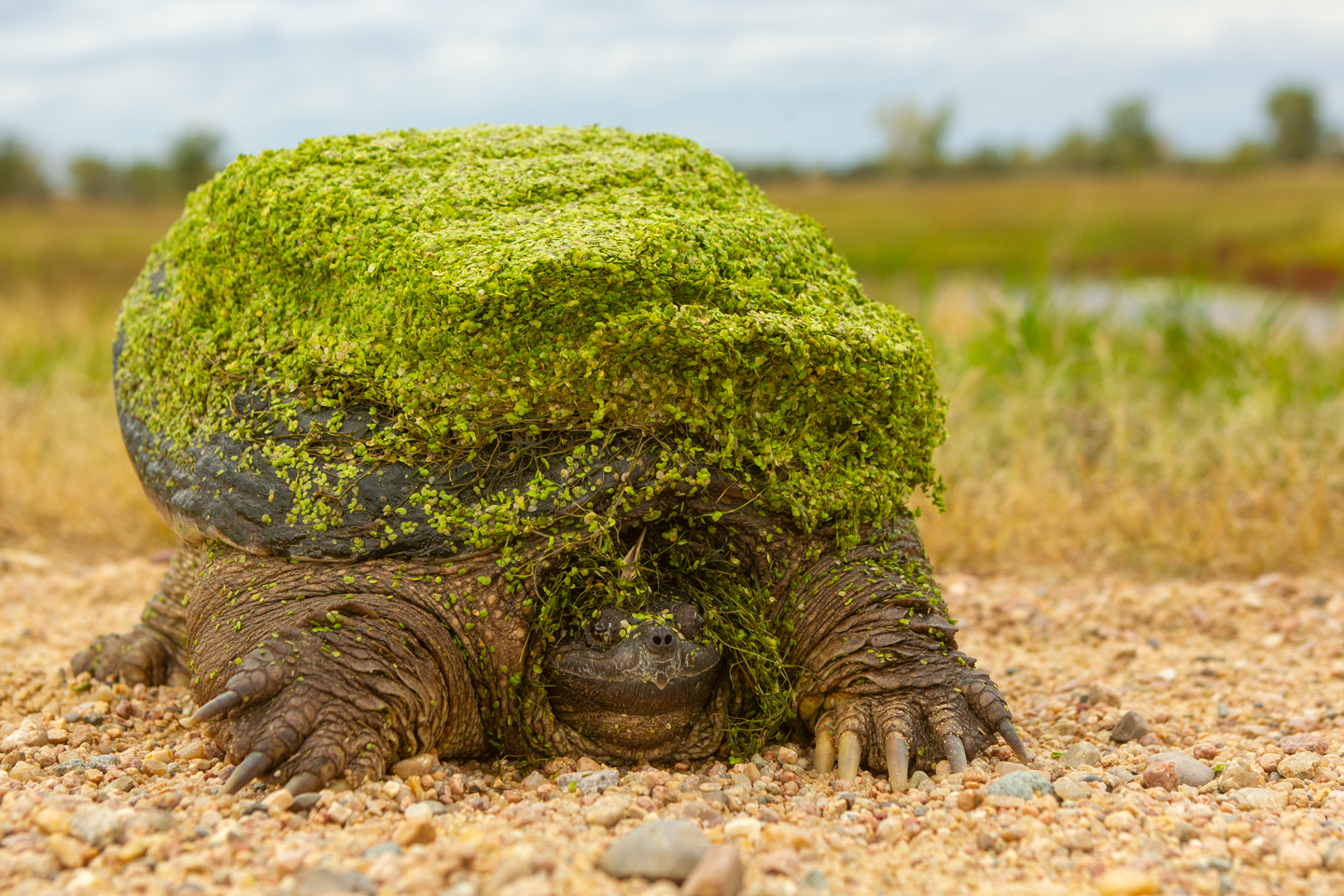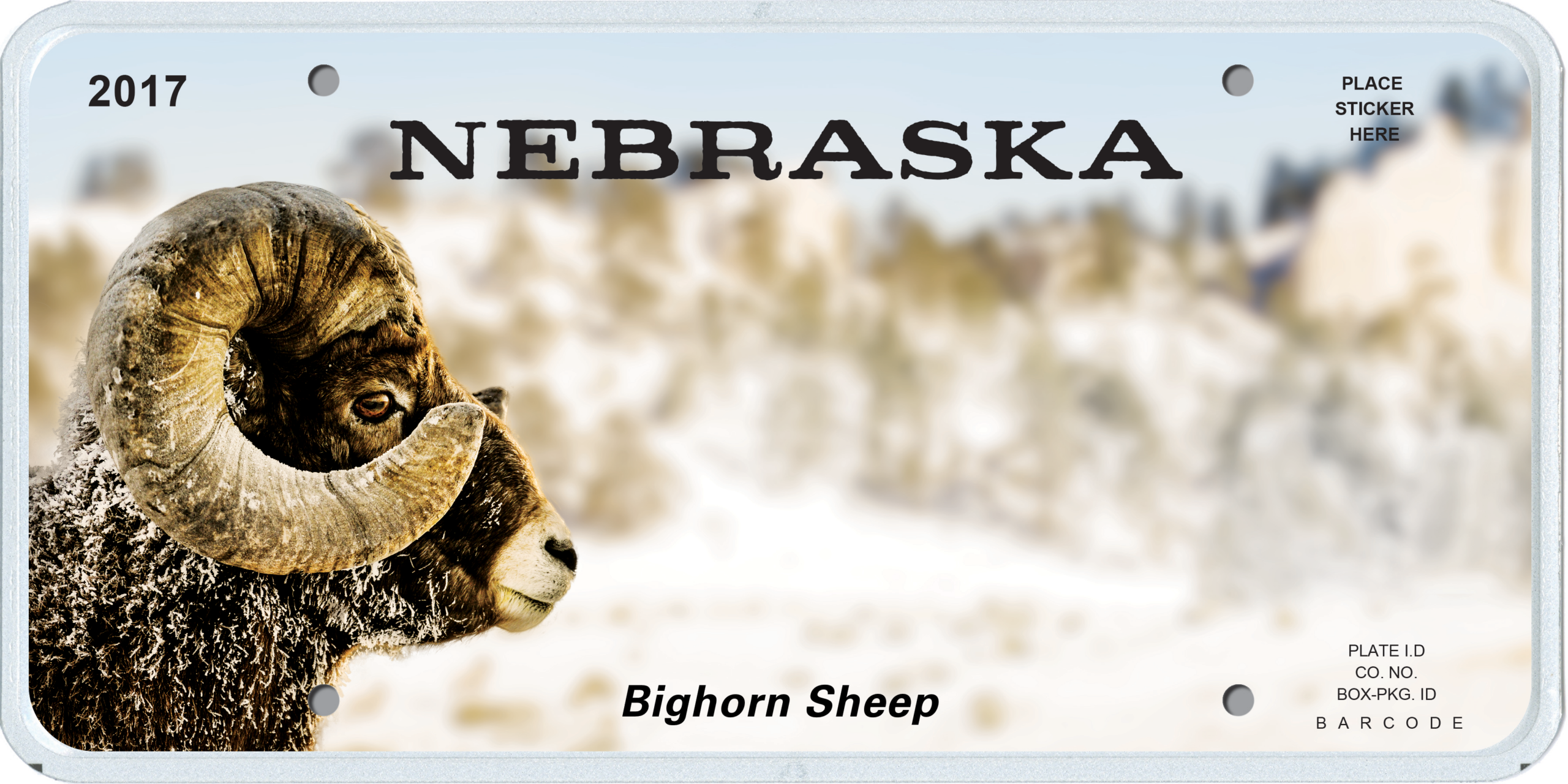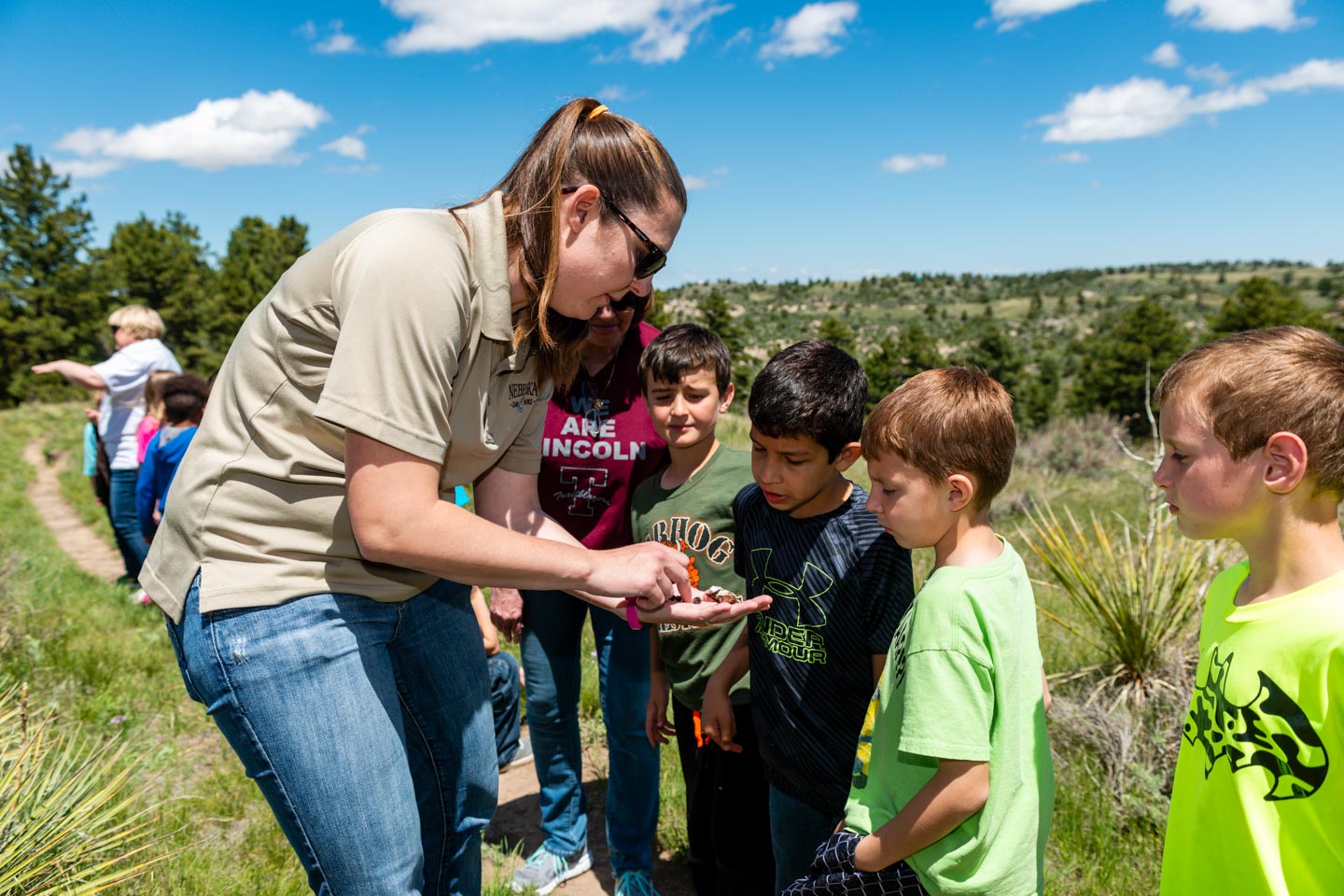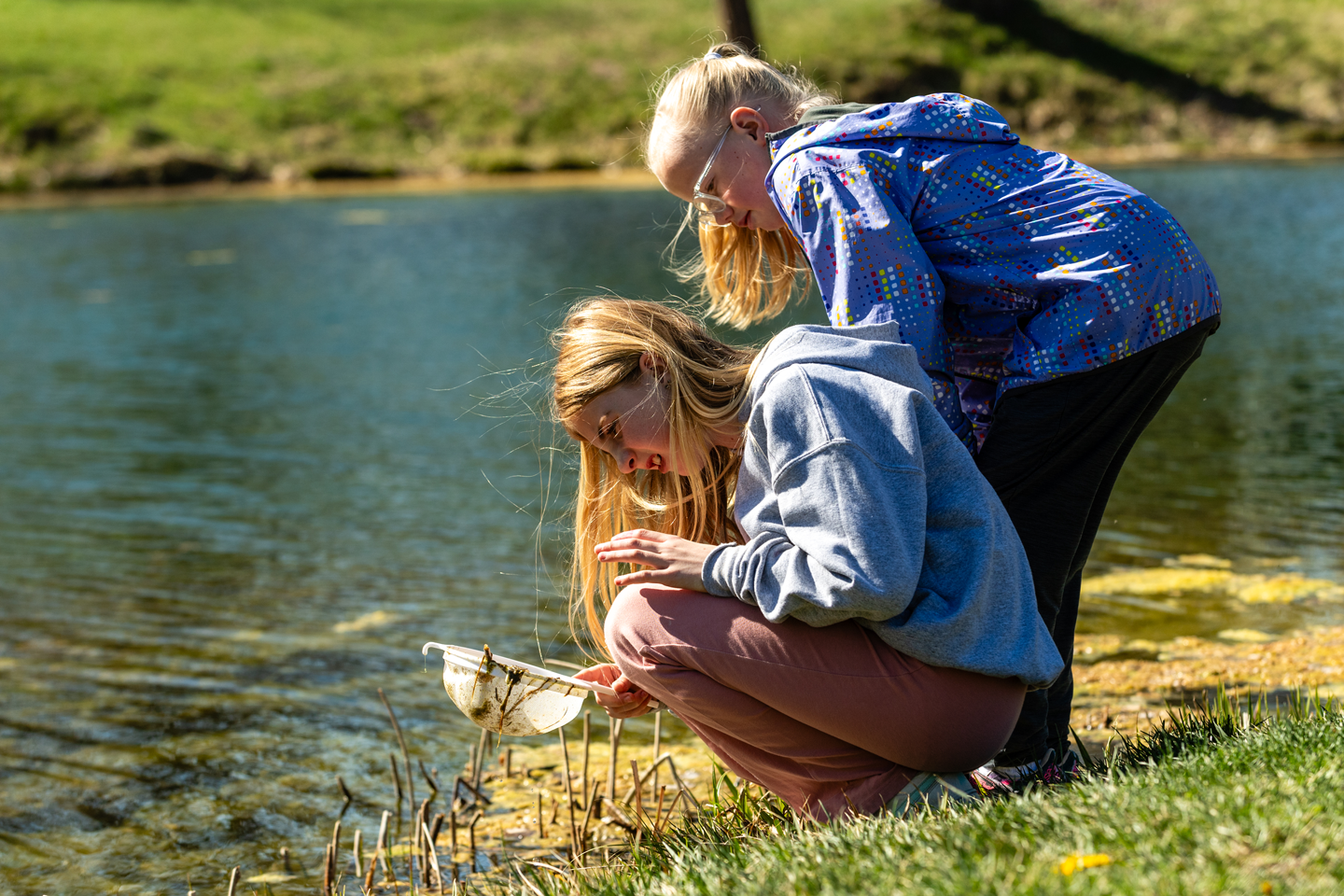- Community programs and events like Nature at Nightfall and Nature Nerd Night Trivia that expands participants’ knowledge of Nebraska nature in fun and interactive ways.
- Volunteer opportunities such as Statewide Kayak Cleanups and the Nebraska Spotted Skunk Project that empower individuals to become active participants in conservation.
- Continuing education opportunities for educators and volunteers, including educator workshops and Master Naturalists Mondays.
Educational Fund
Join us in making a difference — donate today and help us continue our mission of education, conservation and community engagement!
The Game and Parks Commission Educational Fund creates a lasting impact by supporting essential programs and staff that connect people with nature, foster the stewardship of Nebraska’s natural resources, and inspire future generations to care for our unique wildlife, plants, and habitats.
This fund enables us to offer engaging educational opportunities across the state, reaching communities and individuals of all ages. When you contribute, you are helping to fund:
- Statewide initiatives like Reptile Awareness Month and Pollinator Week, which raise awareness of Nebraska’s native species.
- The development and delivery of science-based programs, curricula, and resources that inspire a deeper understanding and appreciation of Nebraska’s natural resources.
Ways to donate
Online
You can always make a donation to the Educational Fund through our secure website.
By check
Checks made payable to the fund can be mailed to:
Game and Parks Educational Fund
Nebraska Game and Parks Commission
PO Box 30370
2200 N. 33rd Street
Lincoln, NE 68503
Buy a license plate
Show your conservation pride by buying a Mountain Lion Conservation plate to support our Educational Fund for just $5.
Featured events
The Game and Parks Educational Fund supports our education team, who plan engaging ways for people to learn or get involved in conservation efforts. Explore ways you can get involved.
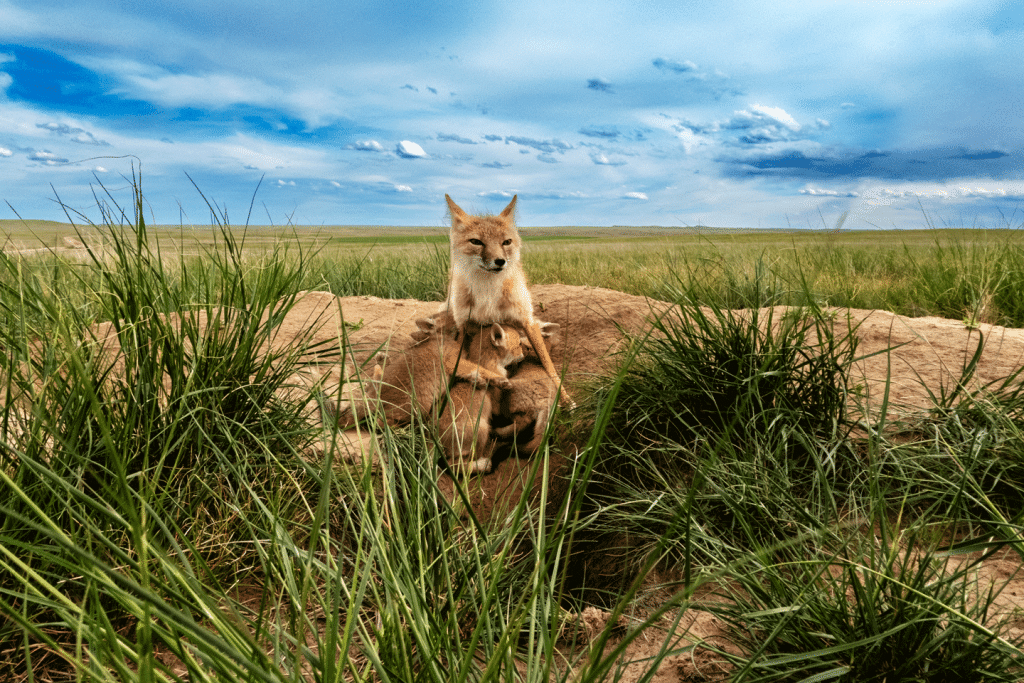
Give back
You can help give back to the outdoor community by contributing to the Wildlife Conservation Fund, buying a conservation wildlife plate, volunteering to participate in community science, or helping in a state park.
